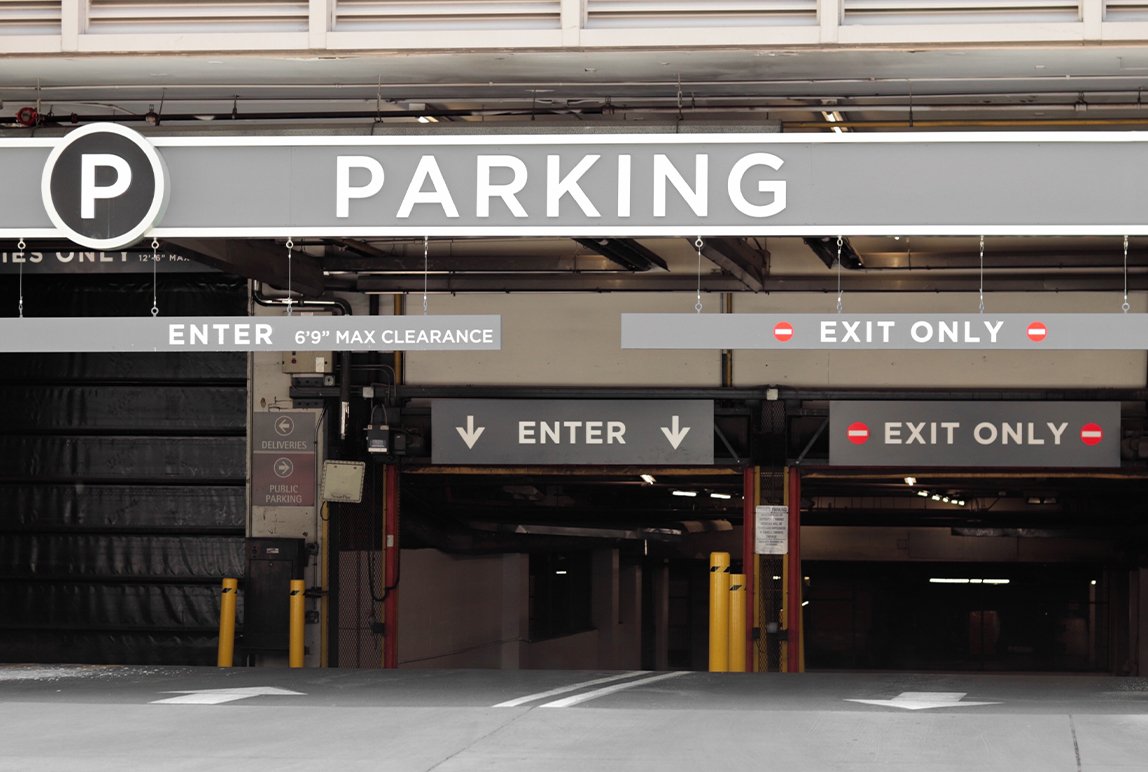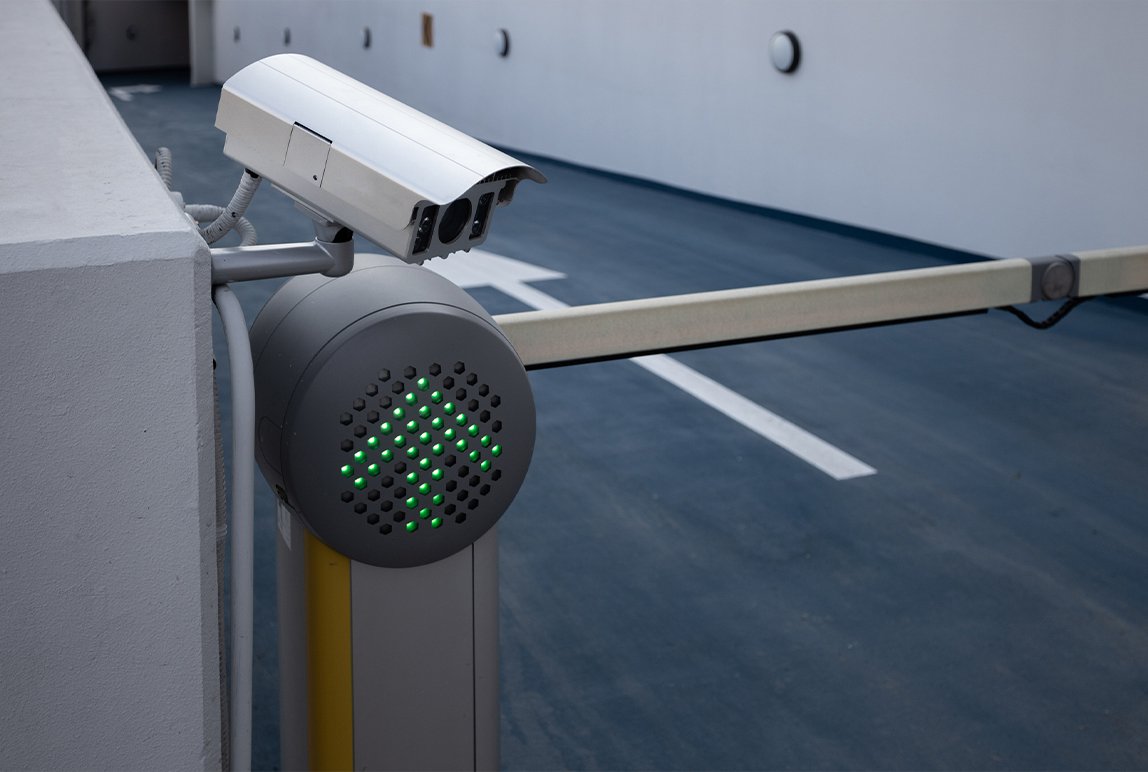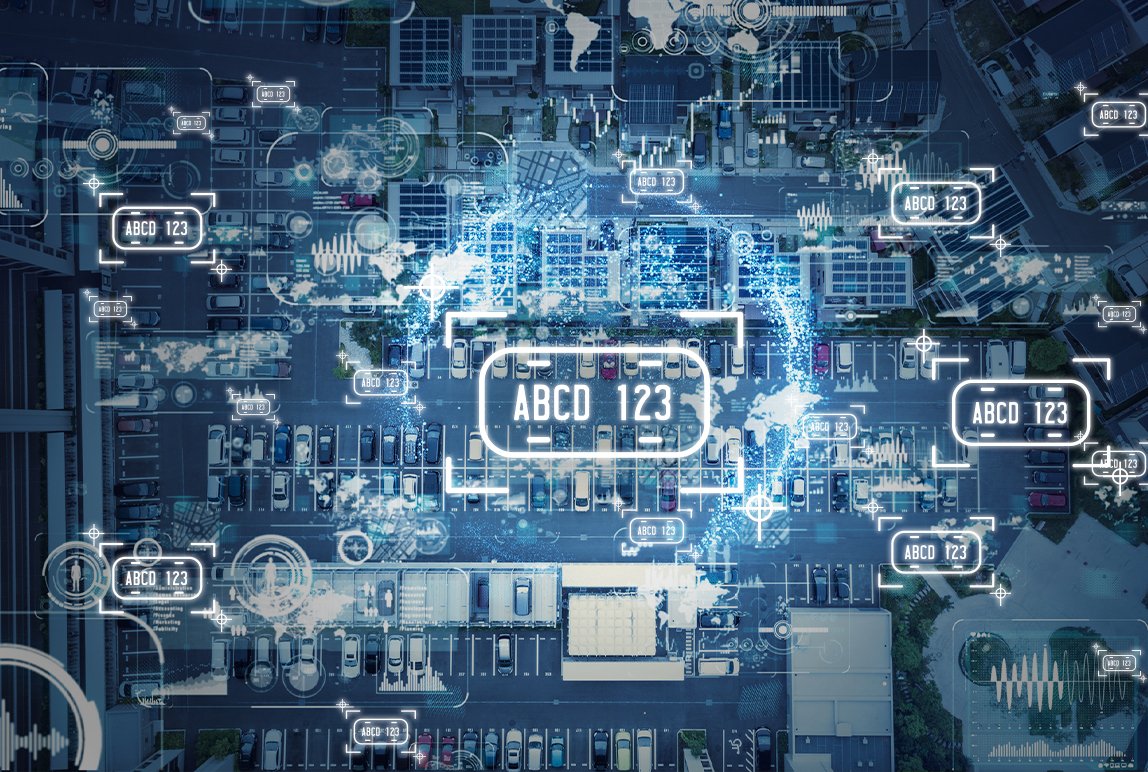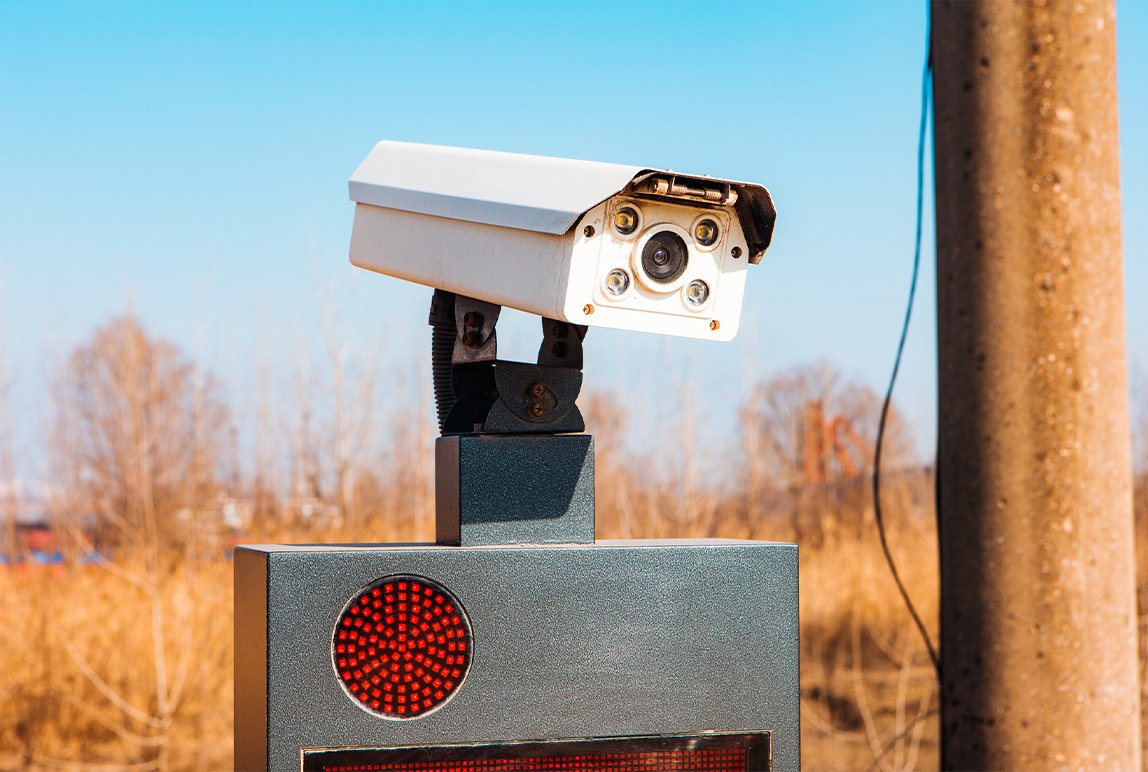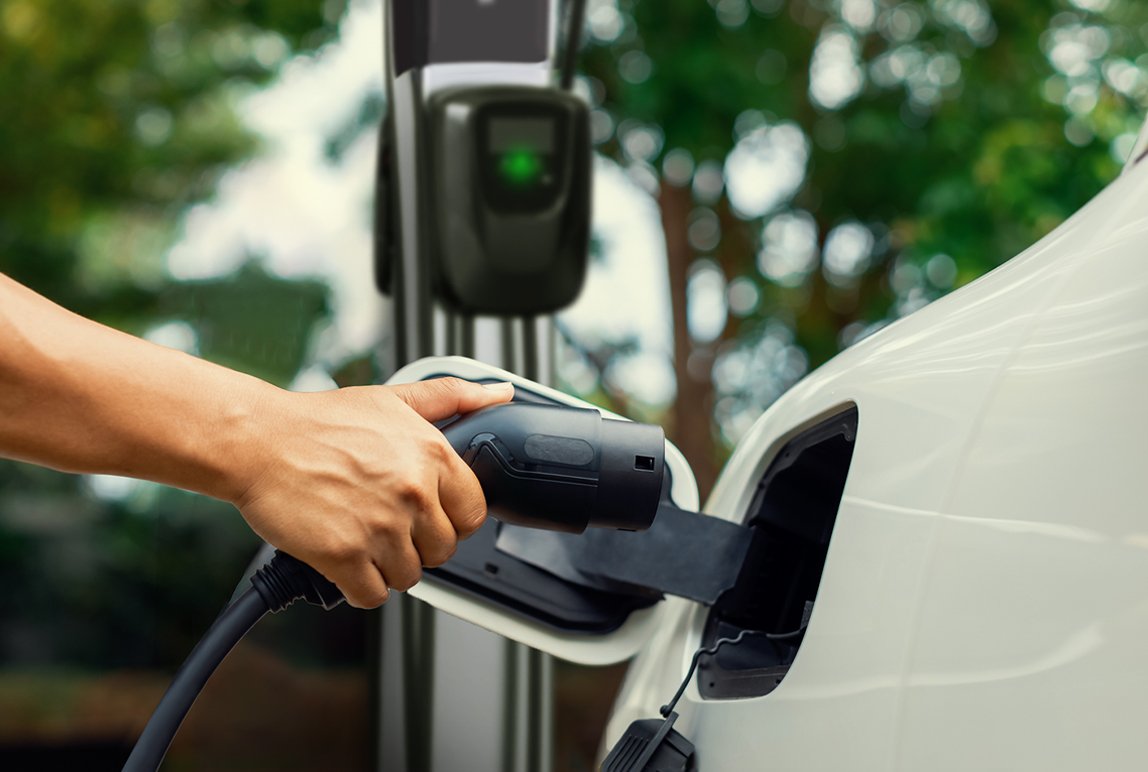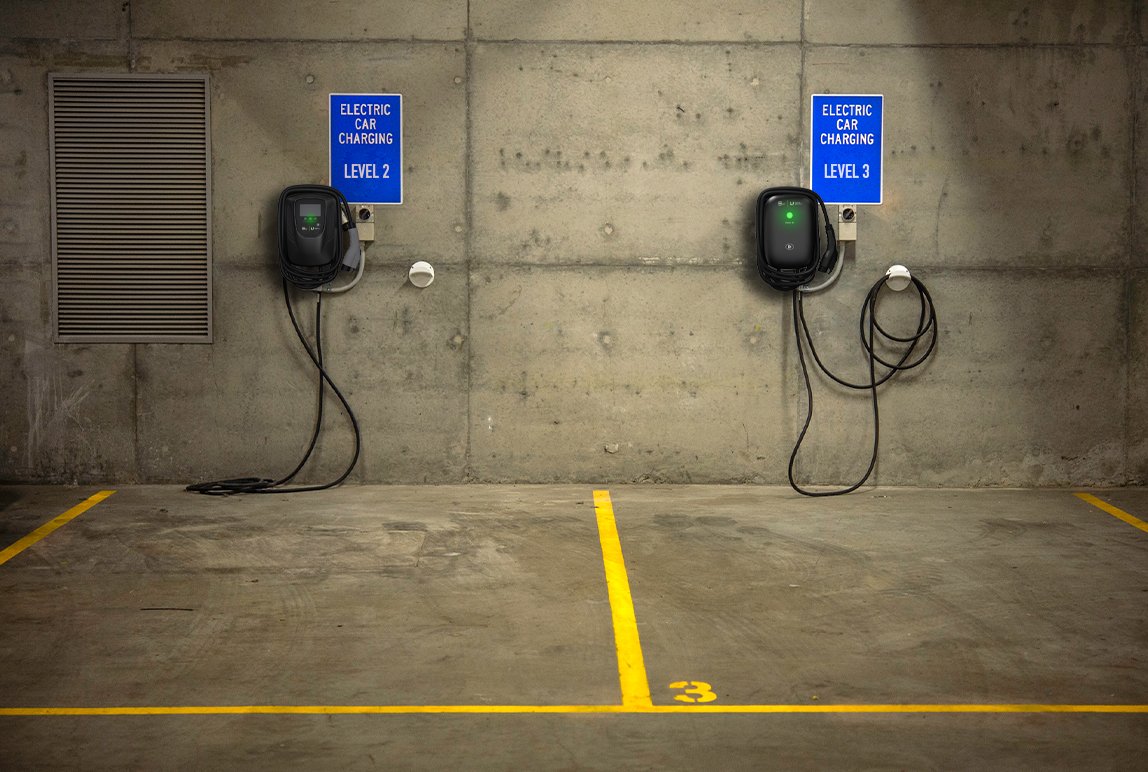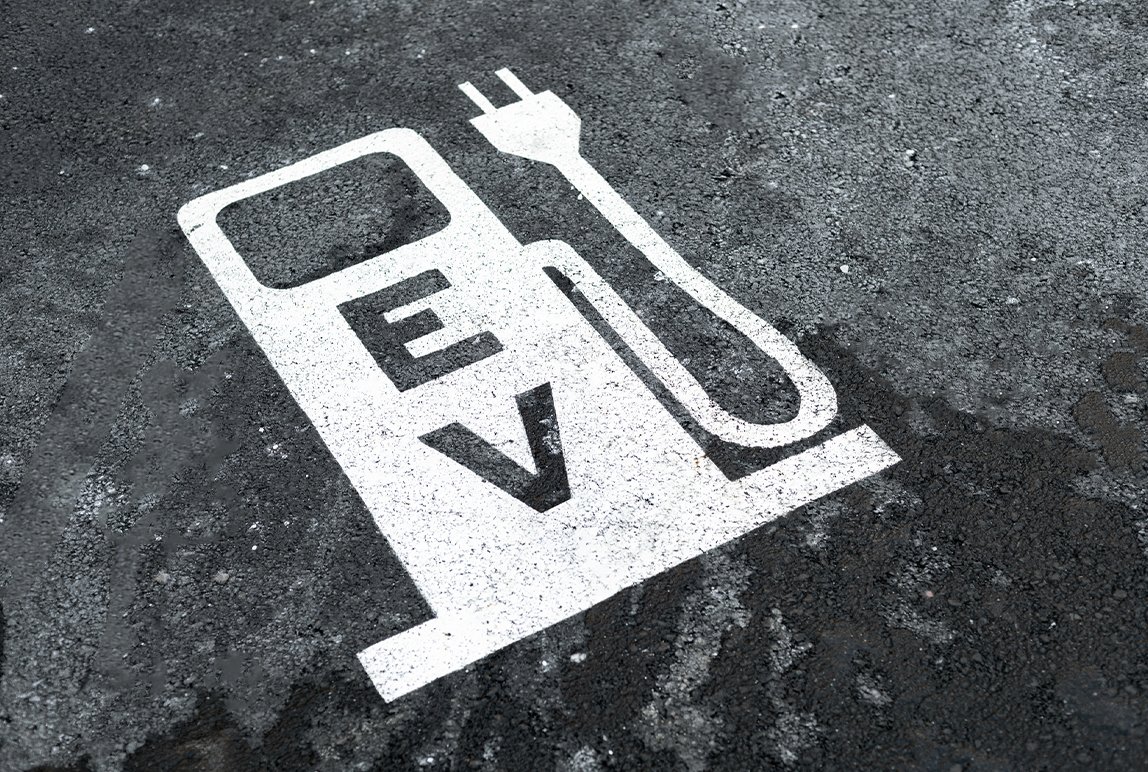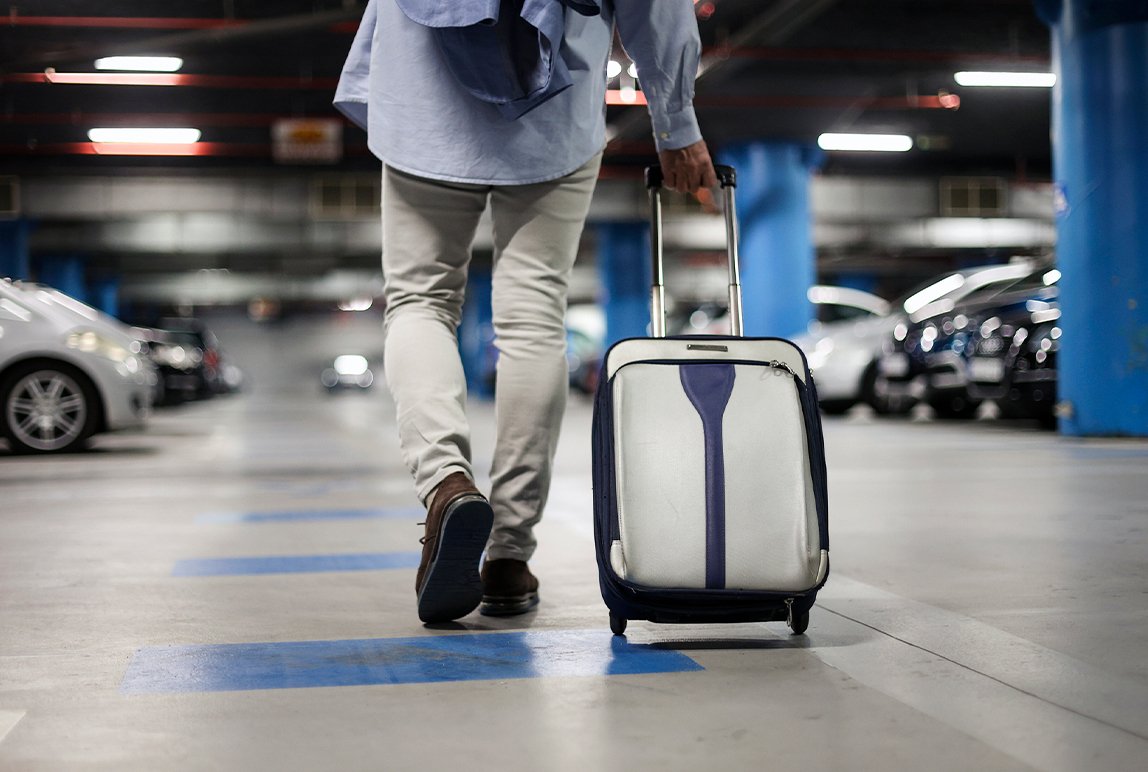The Touchless Evolution: Exploring the Future of Digital Access in the Parking and Mobility Industry
Posted: Aug 15, 2023 10:02AM ET • 3 min read
In today's ever-evolving digital landscape, organizations across all industries must keep pace with technological advancements, including the parking and mobility sector. Adapting existing parking infrastructure to meet the demands of tech-savvy consumers is paramount as touchless and digital technologies become the new standard. That said, embracing digital access options can significantly enhance the parking experience for all those looking to access your facility. With various choices available, from scan-and-go capabilities to vehicle transponders and Bluetooth Low Energy access, digital permits offer a seamless and secure experience catering to diverse user preferences.
Below is a high-level overview of three commonly used digital permits and what to consider before investing.
Scan-and-Go Parking Permits:
QR and barcode access has become the new industry standard in parking and mobility, delivering safer, faster, and more convenient experiences. This versatile solution seamlessly integrates with gated and non-gated parking systems; all that's required is a barcode scanner to accept permits, validations, and reservations through QR codes or barcodes. Embrace the benefits of accessibility and connectivity by linking parking access to building entry, personalized reservations, and event registrations. QR and barcode access sets a new standard for modern parking solutions.
RFID & Vehicle Transponder Parking Permits:
Streamline your parking system by integrating RFID readers to accept digital permits through vehicle transponders. Long-range RFID proximity readers detect transponders on vehicle dashboards, allowing permit holders hands-free access to gated parking facilities. Transponders are instantly recognized at entry points, providing a frictionless parking experience. While transponder permits offer convenience, scan-and-go permits using QR codes or barcodes are also popular due to ease of implementation. Consider hardware requirements when deciding between the two options. Both solutions enhance efficiency and user experience in your parking operations.
Bluetooth Low Energy (BLE) Permits:
Bluetooth Low Energy (BLE) permits, validations, and reservations can also serve as credentials to access gated parking facilities, requiring users only to enable their mobile Bluetooth. As BLE technology continues to evolve, vehicle BLE is anticipated to become a widely adopted alternative to mobile BLE, enhancing the accessibility and ease of parking access for users.
The significance of connectivity and convenience in the parking and mobility industry is vital. Parking lot owners should integrate flexible parking permits to ensure a superior parking experience for customers. Join the touchless evolution and invest in digital permit options to embrace the future of parking and mobility.
References
How Your Transponder Works. McMaster University Parking Services. (2023, June 8). https://parking.mcmaster.ca/transponder/#:~:text=When%20you%20drive%20up%20to,within%20range%20of%20the%20antenna
Parking Industry. (2023, June 1). Getting back to business with flexible permit options. Parking Industry. https://www.parkingindustry.ca/parking-technology/getting-back-to-business-with-flexible-permit-options
Share Article:
Featured Articles
ABOUT THE AUTHOR
Daniel Homes
Senior System Engineer
Daniel is a founding member of Precise ParkLink’s R&D department. His leadership skills, combined with his technical expertise, have contributed significantly to our success, growing the team to over a dozen engineers constantly working to innovate and perfect the solutions we recommend to our clients.
Daniel brings with him an impressive list of academic accomplishments from his studies at the Université de Franche Comté et de Haute Alsace between 1993 and 2000 — a Bachelor’s in Mechanical Engineering, a Master’s of Advanced Studies in Applied Physics, and a PhD in Applied Science for Engineering.
As part of Daniel’s leadership role within the R&D department, he leads all of our recertification processes with credit companies and payment processors to ensure we maintain the highest levels of data security and integrity that our clients expect.
Questions?
Fill out the form below and we will do our best to connect you with a suitable contact.


